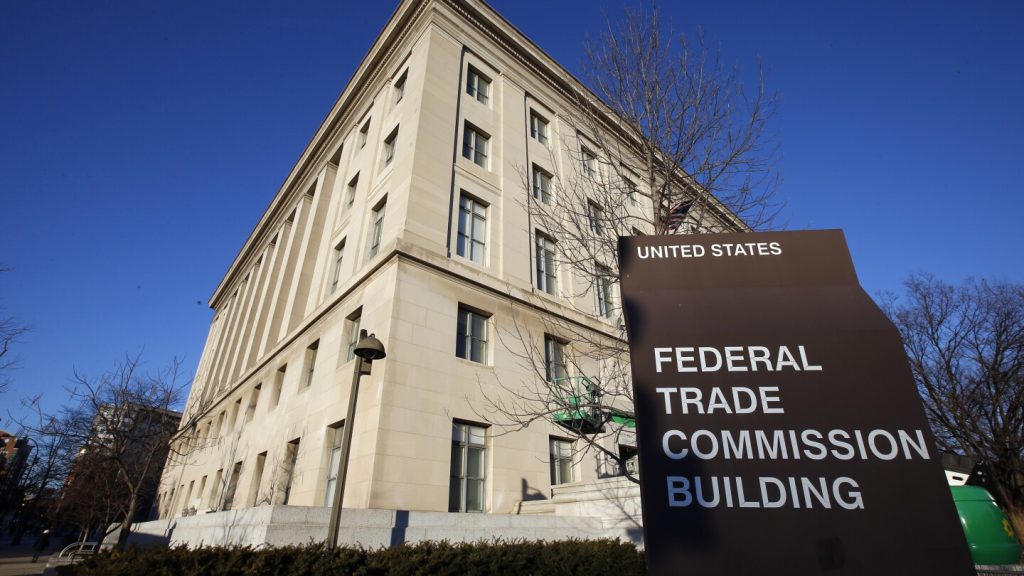The Federal Trade Commission recently voted to ban noncompete agreements, which restrict employees from leaving their employer to join a competitor or start a rival business for a specific period of time. This move, currently being challenged in court, would open up new job opportunities for many workers who were previously restricted by such agreements. Additionally, the Biden administration finalized a rule that will make millions of more salaried workers eligible for overtime pay by significantly raising the salary level that workers could earn and still qualify for overtime.
Noncompete agreements have been increasingly used by employers to prevent employees, including salespeople, from taking trade secrets, job leads, or sales relationships to a competitor. This practice has been criticized for limiting workers’ mobility and career opportunities. Many lower-level workers are subject to these agreements, which can vary by state. Some employees have found themselves unemployed for years after leaving a job due to the restrictions imposed by noncompete agreements.
The new rules banning noncompete agreements have drawn mixed reactions from various groups. While some view the move as unfair to workers and restrictive to their ability to seek better career opportunities, others argue that the agreements are necessary to protect companies’ trade secrets. The rules, which are not yet in effect, could potentially face legal challenges that may delay their implementation for years.
The new overtime rules, set to start on July 1, will require employers to pay overtime to salaried workers making less than $43,888 per year in certain roles. This threshold will gradually increase to $58,656 by 2025. The Labor Department estimates that 4 million salaried workers who were previously ineligible for overtime pay will qualify under the new rule. However, some occupations, such as teachers, doctors, and lawyers, are exempt from these changes, and some states already have higher salary thresholds.
Businesses of all sizes will need to prepare for these changes by reclassifying workers who will now qualify for overtime pay and implementing systems to track hours and ensure proper payment. Employers may also choose to raise employees’ salaries to maintain their exemption from overtime, but they should anticipate additional increases under the new rules. Small businesses may face challenges in budgeting for the extra pay for overtime, and some may have to make difficult decisions, such as cutting workers or hours, raising prices, or potentially shutting down.
Overall, the federal government’s actions to ban noncompete agreements and expand overtime eligibility have the potential to benefit millions of American workers by providing them with new job opportunities and ensuring fair compensation. However, the implementation of these rules may face legal challenges and pose challenges for businesses in adapting to the changes. It remains to be seen how these new regulations will impact the workforce and the economy in the coming years.


